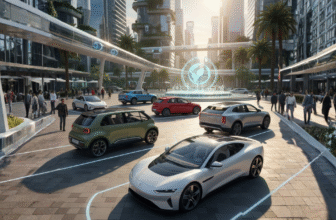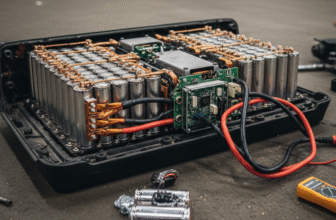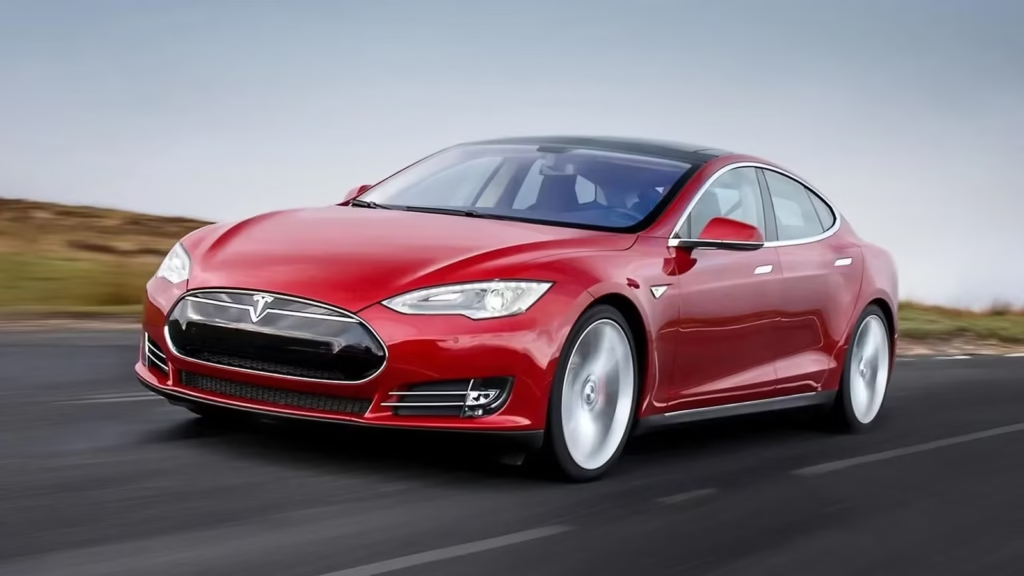
The electric vehicle market is rapidly expanding and innovating, creating a wide range of compelling models for diverse consumers. Major manufacturers like Tesla, Nissan, and Chevrolet continue to set the pace with their newest offerings. The Tesla Model 3 has been a true game-changer, famous for its impressive 350-mile range and advanced autopilot system. Similarly, the Nissan Leaf remains a popular choice because of its user-friendly interface and a range of 226 miles, which is ideal for daily commutes. It is truly the electric vehicle revolution.
Emerging brands such as Rivian and Lucid Motors are also gaining significant traction by introducing cutting-edge designs and technology. Rivian’s R1T is an electric pickup truck built for both off-road and urban adventures, and it offers unique features like a built-in camp kitchen and strong towing capabilities. Lucid Motors entered the market with the Lucid Air, a luxury sedan that boasts a staggering 500-mile range and prioritizes high performance alongside sustainability.
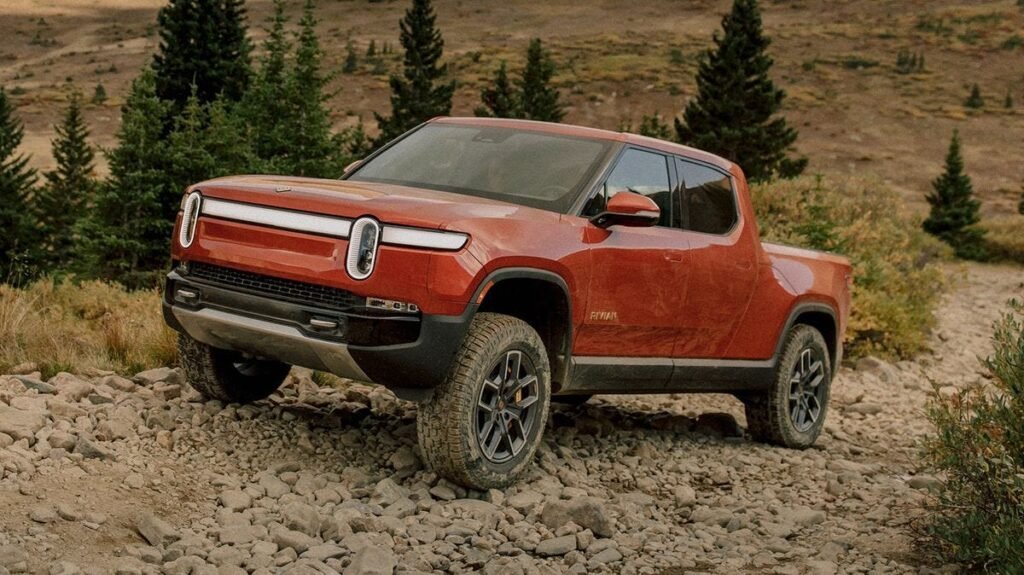
Continuous technological advancements are reshaping the entire EV landscape. Innovations in battery technology, including solid-state batteries, promise greater energy density and much shorter charging times. Furthermore, the integration of artificial intelligence and smart technology is transforming the driver’s experience. Systems that provide real-time updates on charging station availability and advanced navigation are now common features.
Shaping the future of transportation
Concept vehicles also play a crucial role by pushing the boundaries of electric mobility. These futuristic designs from manufacturers showcase a strong commitment to both aesthetic appeal and sustainability. Models like the Mercedes-Benz EQS and BMW i4 clearly demonstrate how luxury and eco-friendliness can coexist harmoniously.
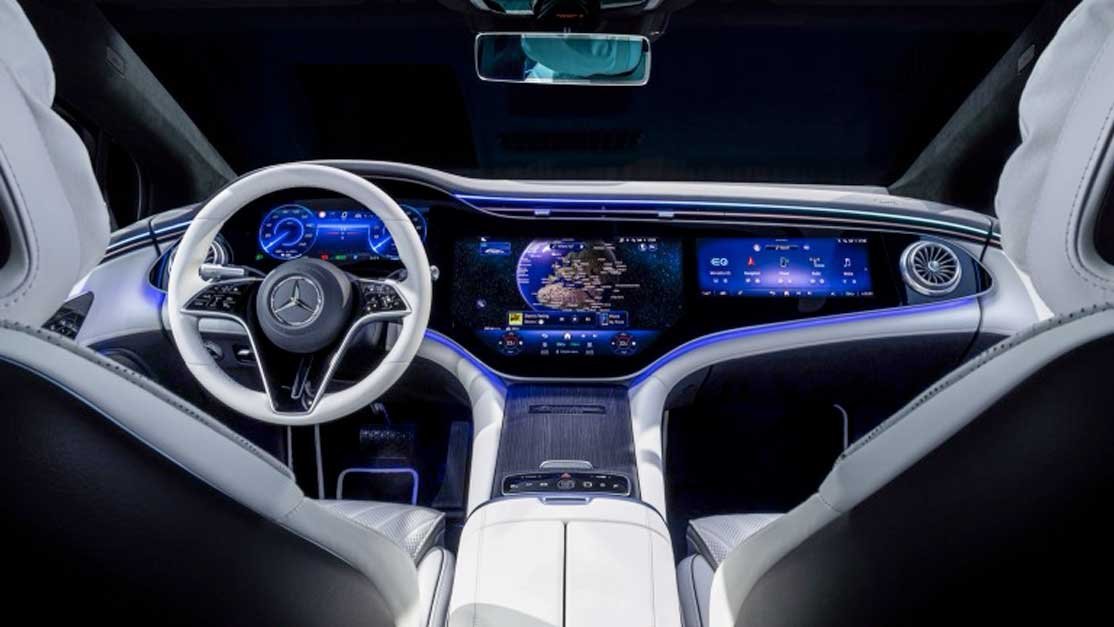
Charging Solutions and Industry Trends
The evolution of electric vehicles requires a comprehensive range of charging solutions to meet diverse consumer needs. A robust charging infrastructure is central to widespread EV adoption, and it includes convenient home stations, extensive public networks, and fast-charging options. Home charging stations have become a popular solution because they allow owners to conveniently charge their vehicles overnight and wake up to a full battery. These units install in garages or on driveways and offer varying charging speeds for flexibility.
Public charging networks are vital for supporting EV owners, especially those without home installation access. Stations are strategically located in urban areas, shopping centers, and along major highways to ensure accessibility. The recent proliferation of fast-charging stations is particularly important, as they can recharge an EV to 80% in about 30 minutes. This capability minimizes downtime on longer trips and makes EV ownership much more practical.
Industry trends: major shift toward electric mobility
Current industry trends highlight a major shift toward electric mobility. We see significant market growth across various regions, fueled by government policies that incentivize sustainable transportation. Regions like North America, Europe, and Asia are making large investments in charging infrastructure to address consumer range anxiety. At the same time, growing public awareness of the environmental benefits is fostering a more positive attitude toward EV ownership.
For any potential EV buyer, understanding these charging options and industry trends is essential. This knowledge helps consumers make informed decisions and contributes to a more sustainable transportation future.




